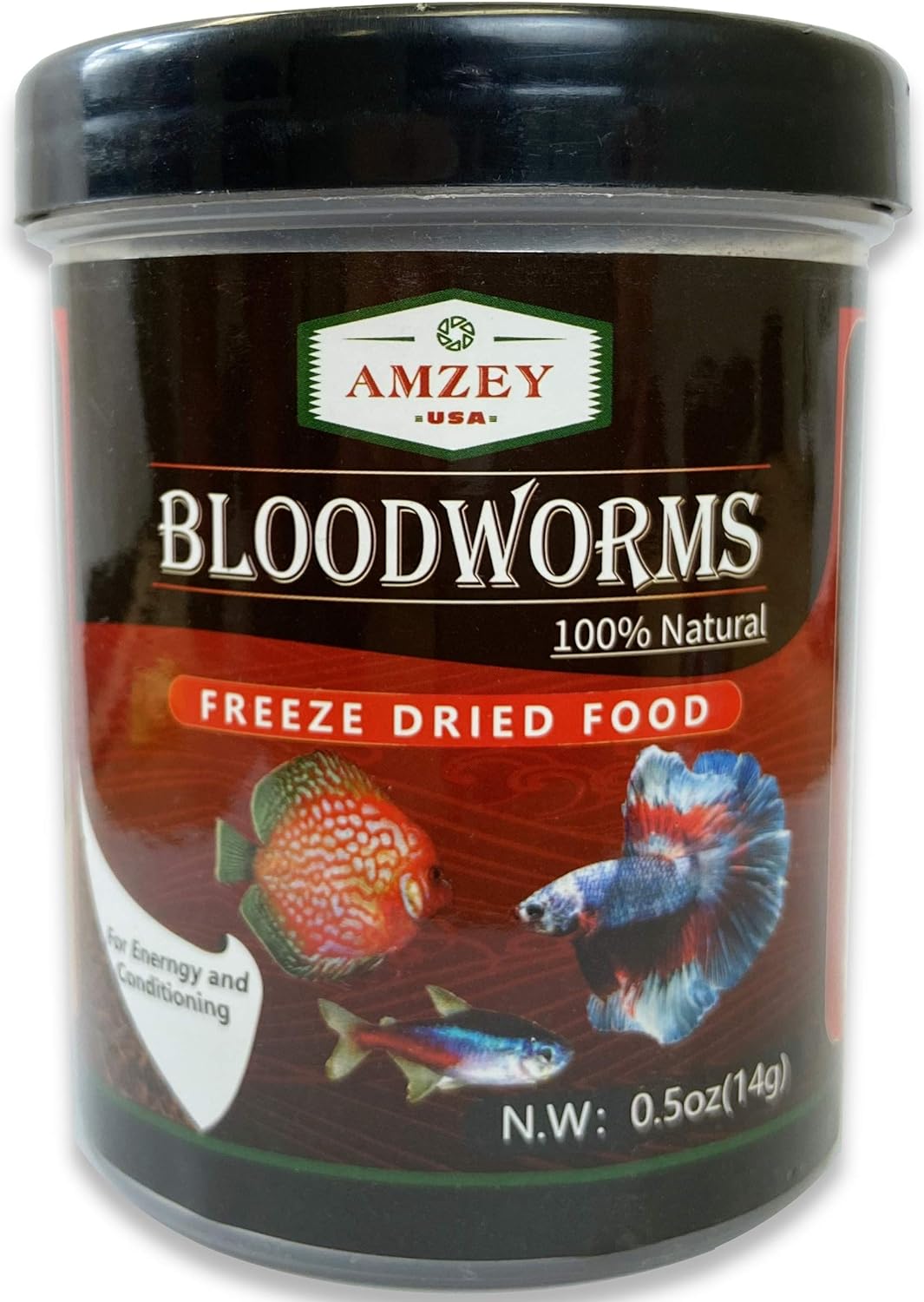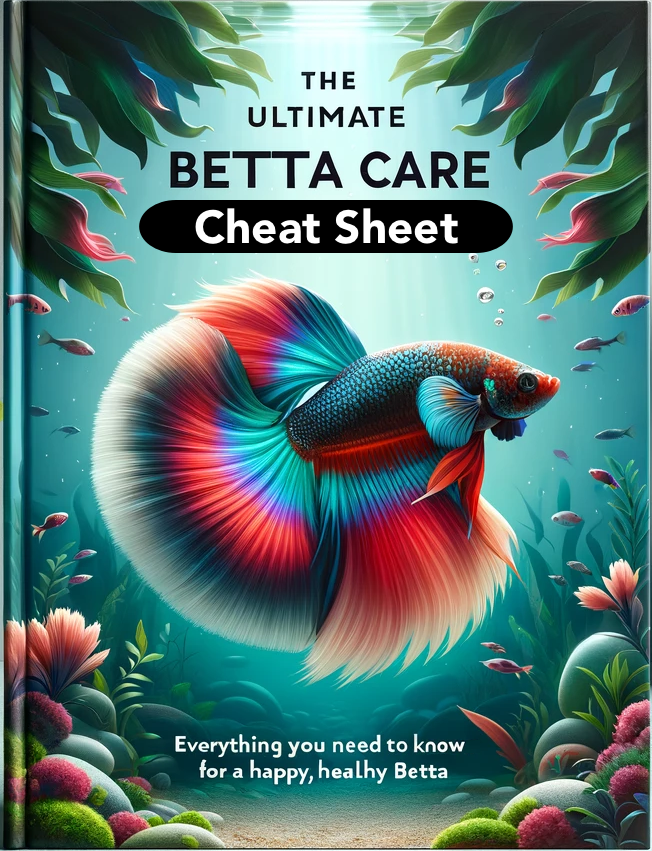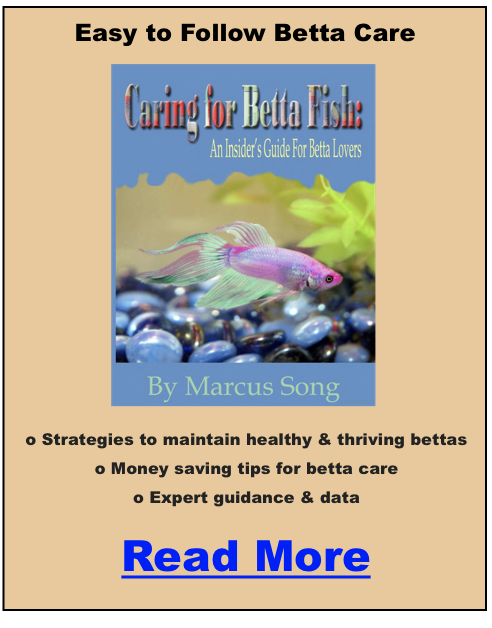What do betta fish eat in the wild?

Credit: Betaboxx
What to feed your betta
Betta fish are a captivating presence in aquariums worldwide. But did you know these beautiful fish have a fascinating natural history? Understanding how their wild ancestors thrived gives us the best roadmap for providing optimal nutrition for our pet bettas.
Wild Betta: The Hunters of Southeast Asia
Click here to read about a personal struggle with bettas… and how they mastered it…
Betta fish, aka Siamese fighting fish, hail from Southeast Asia’s shallow, slow-moving waters. They inhabit rice paddies, marshes, and ponds, where water levels fluctuate and food is sometimes scarce. To survive, bettas have become opportunistic and adaptable hunters, pursuing a largely carnivorous diet.
The Wild Betta Menu – What Do Betta Fish Eat
Let’s explore what wild bettas hunt for:
- Insect Larvae: Bettas eat mosquito larvae and those of other insects are vital to their diet. Bettas often lurk near the surface, ready to snatch up these wriggling meals.
- Worms: Bloodworms, blackworms, and other small aquatic worms provide bettas with protein and other essential nutrients.
- Tiny Crustaceans: Bettas eagerly consume water fleas (Daphnia), brine shrimp, and similar creatures. These are especially important food sources for young betta fry.
- Small Insects: Adult insects that land or fall into the water are a quick snack! Bettas are excellent at spotting movement and will strike with surprising speed.
- Surface Specialists: Bettas have upturned mouths designed for scooping food from the water’s surface, making them ideally suited for their environment.
Best Betta Food – What They Can Eat At Home
Betta fish, with their flowing fins and vibrant colors, are captivating additions to any aquarium. To keep them thriving, choosing the right food is essential. Let’s explore the best options to keep your betta friend happy and healthy.
The Staple: Prepared Betta Foods
Click here for my favorite betta food pellet
- Betta Pellets: These are the nutritional workhorses for your betta. They’re designed to meet a betta’s dietary needs, packing essential vitamins and protein. Floating pellets are best, allowing easy feeding and less water mess. High-quality brands like Hikari, Ocean Nutrition, NorthFin, and New Life Spectrum are excellent choices.
- High-Quality Betta Pellets: Select pellets designed specifically for bettas. Prioritize those listing fish meal, shrimp meal, or other animal-based proteins as the main ingredients. Smaller pellets (1-3mm) that float best match a betta’s natural feeding behavior.
- Flakes: While betta-specific flakes exist, many bettas find them less appealing than pellets. Flakes also break down faster in the water, causing more pollution. You can certainly try betta flakes, but they shouldn’t be your pet’s exclusive diet.
Tasty Treats: Freeze-Dried, Frozen, and Live Foods
- Freeze-Dried Delights: Supplement with treats of live or frozen bloodworms, brine shrimp, or daphnia. Freeze-dried foods, such as bloodworms, offer a less processed whole-food option that is often free from parasites and bacteria. These provide a more stimulating feeding experience, additional nutrients, and will even tempt a finicky betta’s appetite.
- Frozen Favorites: Frozen bloodworms, brine shrimp, and daphnia mimic what bettas would enjoy in their natural habitat and provide a flavor boost.
- The Natural Choice: Live Foods: Live options like baby brine shrimp and shrimp coals are the closest to a betta’s wild diet and offer excellent mental stimulation. However, they can be more challenging to source and might carry disease risks.
How Often to Feed Betta Fish
- Small Portions, Big Impact: Bettas should eat twice a day. They have tiny stomachs. Feed them only what they can eat in about 2 minutes. Overfeeding is extremely harmful and leads to health problems and a polluted tank.
- Cleanliness is Key: Uneaten food fouls the water. Promptly remove it after feeding.
- Fasting is Natural: An occasional fast day (skipping a meal) mimics their wild experience where food isn’t always plentiful and can benefit their health.
- Frequency: Feed adult bettas twice a day with the portions mentioned above. Fry requires multiple small meals throughout the day as they are constantly growing.
How Many Pellets to Feed Betta
- The “Eyeball Rule”: At each meal, feed your betta roughly the same volume of pellets as the size of their eyeball. This can be 2-4 pellets depending on the brand.
- Feeding Frequency: Feed this amount twice a day for most adult bettas.
- Body Shape: A healthy betta will have a slightly rounded belly after eating. If the betta is constantly bloated, reduce the food amount.
- Behavior: Bettas are notorious for begging for more food even when full. Don’t get tricked! Be consistent with portions.
Variety is Key
Just like us, bettas enjoy a diverse diet. Mixing high-quality pellets with occasional freeze-dried, frozen, or live treats provides the best nutritional balance and keeps feeding time exciting.
My Betta Isn’t Eating
If your betta isn’t eating, click here for a guide on how to deal with their appetite. If your betta is suffering from something else, such as loss of color, bloating, lethargy, etc you can look at our disease page to help diagnose the issue.
Feeding Betta Fry: Special Considerations
Click here to read a story about what to avoid when breeding bettas
Baby bettas have even more specialized dietary needs:
- The First Days: Fry initially feed off their yolk sacs. Once mobile, they need minuscule live foods like infusoria and baby brine shrimp.
- Growing Up: Small worms (chopped if needed) and larger larvae can be added as they grow.
- Adult Transition: Betta fry can gradually start eating adult food once they reach roughly an inch long
Quality and Variety: The Keys to Success
The best diets incorporate both premium betta pellets and a rotating selection of live or frozen foods. Prioritize high-quality foods and always check the ingredients list. Avoid cheap brands, as these often contain unhealthy fillers and additives. Trusted brands like Hikari and Ocean Nutrition offer excellent betta-specific formulas.
A Well-Fed Betta is a Happy Betta
Drawing inspiration from the bettas’ natural diet gives your beautiful (If you’re struggling at all with care, we highly recommend reading this story about bettas; it is inspiring) pet the best chance for a long, vibrant, and healthy life!








